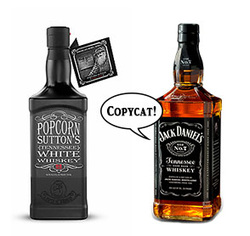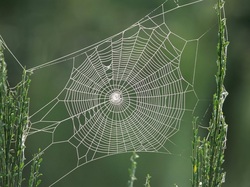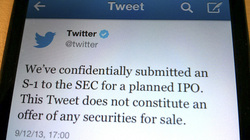
It turns out that baseball and football have more in common than one might think. Last month, the two leagues teamed up with one another and joined forces with a group of television's biggest broadcasters to put up a fight against web TV startup Aereo. Barely 2 years old, Aereo allows users with web-enabled-devices to stream—and even record—live over-the-air TV broadcasts, care of individually-rented remote antennas that users can control via their Aereo subscription.The TV networks have already attempted to shut down the Internet video service by suing the company for copyright infringement in March 2012. Their claim was that Aereo illegally profits from broadcasting licensed programming without paying the retransmission fees that are normally required of cable providers and other carriers who wish to air copyrighted material. However, judges have repeatedly decided in Aereo's favor, refusing to issue injunctions that would pull the plug on the service. The courts found that Aereo's lacking a "license to operate" was irrelevant, since, due to the nature of the streaming technology, their customers are viewing unique, private transmissions of the licensed content, much like individuals with "rabbit ears," or antennas on their own rooftops watch broadcast TV. As a result of these decisions, the networks have appealed to the US Supreme Court to review the lower court rulings, and have found powerful allies in Major League Baseball and the National Football League, who have jointly filed an amicus brief declaring their support for the petition.
As part of their statement, the leagues argue that Aereo poses a real threat to broadcasters' business models. They declare that if the startup is legally allowed to continue "hijacking" proprietary content from over-the-air broadcast channels without authorization or paying retransmission royalties, then sports affiliates—and TV networks, in general—will feel compelled to migrate their programming to pay-for-TV outlets, instead of continuing to broadcast via the free public airwaves. Whether or not these broadcasters will feel the need to make good on this threat will likely be determined by the high court, should it choose to take on this case. Until then, it's business-as-usual for Aereo and the Monday Night Football devotees who depend on it.
As part of their statement, the leagues argue that Aereo poses a real threat to broadcasters' business models. They declare that if the startup is legally allowed to continue "hijacking" proprietary content from over-the-air broadcast channels without authorization or paying retransmission royalties, then sports affiliates—and TV networks, in general—will feel compelled to migrate their programming to pay-for-TV outlets, instead of continuing to broadcast via the free public airwaves. Whether or not these broadcasters will feel the need to make good on this threat will likely be determined by the high court, should it choose to take on this case. Until then, it's business-as-usual for Aereo and the Monday Night Football devotees who depend on it.




